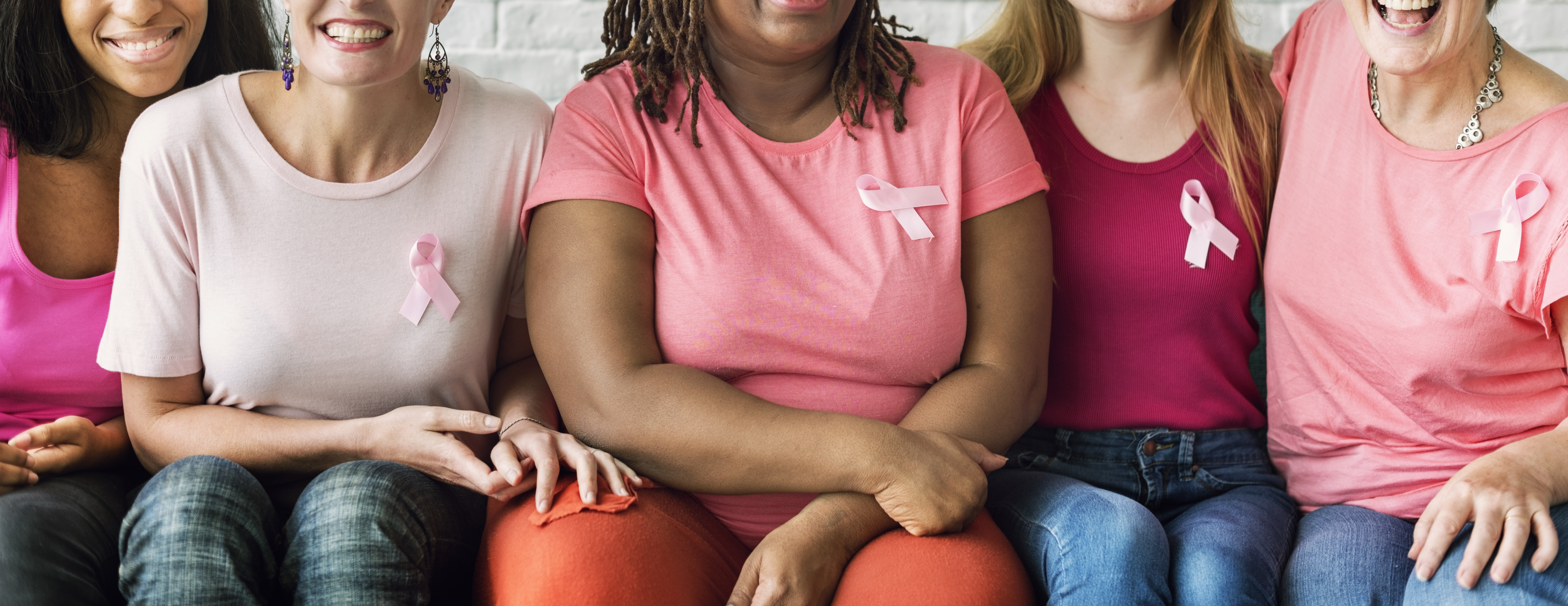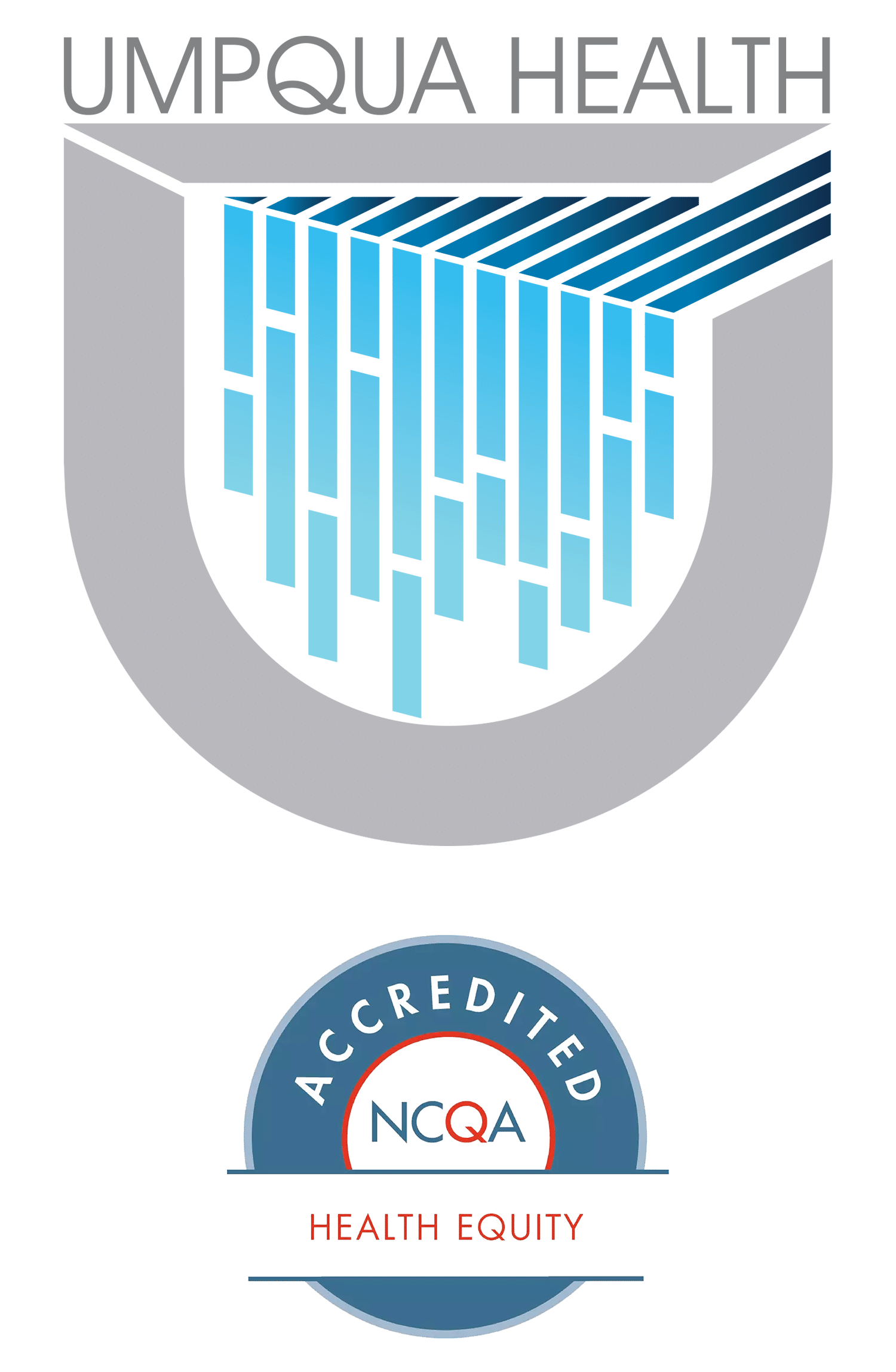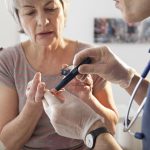Breast Cancer – Early Detection Saves Lives

It is important to remember that even during a pandemic, other diseases still exist and prevention is the best way to stay healthy. Other than skin cancer, breast cancer is the most common among American women, according to the Centers for Disease Control and Prevention. It is the second leading cause of cancer death among women overall. The good news is that catching breast cancer in its early stages, when treatment is most effective, can save lives.
Even if you feel healthy, just being a woman and getting older puts you at risk of breast cancer. Men can have breast cancer, too, but this disease is about 100 times more common in women than in men. And, as you get older, your risk of breast cancer increases. Most invasive breast cancers (those that spread from where they start) are found in women age 55 and older.
Breast cancer risk is also higher among women whose close relatives have had the disease. Having a first-degree relative (mother, sister or daughter) with breast cancer almost doubles a woman’s risk. If your brother or father has been diagnosed with breast cancer, your risk can be higher as well. About 5 to 10 percent of breast cancer cases are believed to be hereditary directly from a parent.
Other breast cancer risk factors are related to personal behavior. Both increased weight gain and obesity as an adult are linked with a higher risk after menopause. Alcohol consumption can increase the risk of breast cancer, and the risk increases with the amount consumed.
The good news is that identifying breast cancer through a screening in its early stages makes it easier to treat. If you are at a higher risk, you may need to be screened earlier and more often than women at average risk. Breast cancer screening is only recommended for men with a high risk due to family history. The goal of screening tests is to find breast cancer before it causes symptoms, such as an abnormal lump, skin irritation or dimpling, or breast or nipple pain.
The most commonly performed breast cancer screening tests are clinical breast exams and mammograms. A clinical breast exam is done by a health care provider during a regular medical check-up. A mammogram is an X-ray of the breast. Mammograms can find breast cancer in its early stages. The American College of Radiology and the American College of OBGYN both recommend that women age 40 and older get a mammogram every year.
Typically, women receive a mammogram and then, if something looks suspicious, additional imaging such as a breast ultrasound, breast MRI or a biopsy may be recommended. There is no sure way to prevent breast cancer. But, healthy habits such as staying physically active, eating a healthy diet and limiting your alcohol consumption can help limit your risk. And, be sure to get screened regularly as recommended by your doctor — finding breast cancer early may save your life.





